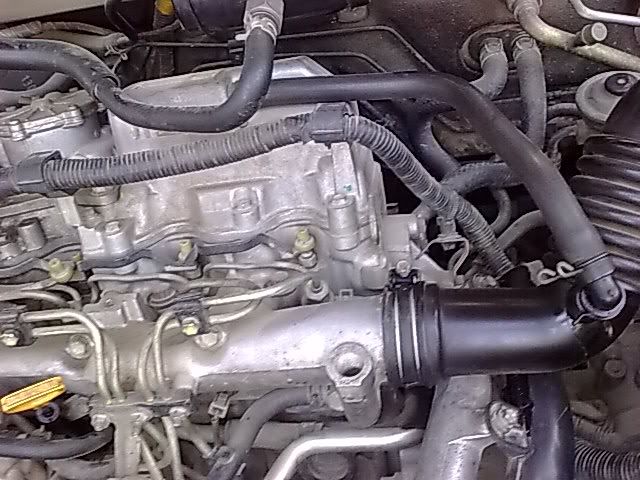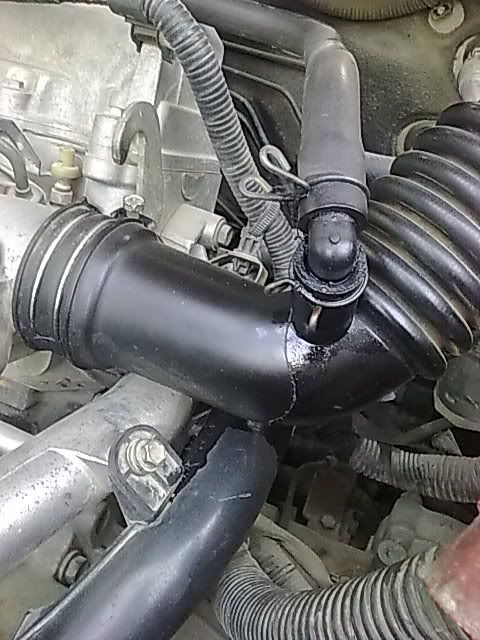Myself and another member of a different car forum have been recommending ARX to people who's car sound like a good candidate.
A third party person over there is doubting that a cleaning product can raise compression numbers. I even linked Aaron (i think thats his name) website with the 240sx compression numbers.
So what is the mechanism by which it works? I thought perhaps that by cleaning the ring pack it allows it to form the original seal again, as with other engine seals, and that causes the compression to return near normal.
Any thoughts????
A third party person over there is doubting that a cleaning product can raise compression numbers. I even linked Aaron (i think thats his name) website with the 240sx compression numbers.
So what is the mechanism by which it works? I thought perhaps that by cleaning the ring pack it allows it to form the original seal again, as with other engine seals, and that causes the compression to return near normal.
Any thoughts????





